|

A recent Nofima report concludes that the sustainability certification MSC provides little or no price gain for several of the most important fisherie
The main idea behind MSC certification does not hold
 (NORWAY, 9/16/2024)
(NORWAY, 9/16/2024)
MSC can face challenging times. A recent Nofima report states that the price premiums generated by sustainability certification are small or non-existent. MSC thus risks losing support from the catching sector, which covers the certification costs.
"For significant quantities of fish, we find no price premium for MSC certification in the export market", says senior researcher Geir Sogn-Grundvåg.
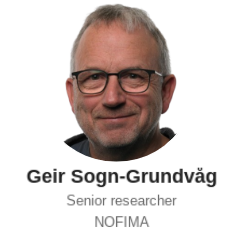 The fish in question are all Norwegian spring-spawning (NVG) herring, fillet products of haddock (except loins), whole, gutted haddock with and without head, and cod for Eastern Europe. The fish in question are all Norwegian spring-spawning (NVG) herring, fillet products of haddock (except loins), whole, gutted haddock with and without head, and cod for Eastern Europe.
Almost exclusively
The Marine Stewardship Council (MSC) is today almost the only provider of third-party certification of sustainable fisheries and has gained a dominant position as a global sustainability label for seafood.
Based on an assumption that such certification is crucial for market access in many of the most attractive seafood markets, the Norwegian fishing industry has invested significant amounts in MSC certification of the most important Norwegian fisheries.
But the actual significance of these investments in sustainability certification carried out by non-governmental organizations such as MSC has been little investigated. Before now.
Two years ago, FHF - the Fisheries and Aquaculture Industry's research funding - asked for a survey of the consequences of the Norwegian fishing fleet losing their MSC certificates for NVG herring, as well as cod and haddock caught within 12 nautical miles along the Norwegian coast.
.jpg) "The loss of MSC certification for parts of the fishing for cod and haddock provided a unique opportunity to study the importance of sustainability certification for the Norwegian fishing industry", says Geir Sogn-Grundvåg. "The loss of MSC certification for parts of the fishing for cod and haddock provided a unique opportunity to study the importance of sustainability certification for the Norwegian fishing industry", says Geir Sogn-Grundvåg.
He has led the project, in which researchers from the University of Southern Denmark and the University of Florida, as well as research colleague Ingrid Kristine Pettersen from Nofima, have also participated.
The price premium is not shared with the catch link
The results, recently presented in an academic final report from the project, thus show that the certification does not always provide a price premium.
The main findings in the academic final report conclude that:
● Cod: The price premium for MSC-certified cod varies between market regions: 17 per cent in Western Europe, 10 per cent in Northern Europe, 8 per cent in Southern Europe, 4 per cent in the Norwegian market and no premium in Eastern Europe.
● Haddock: Haddock with MSC certification achieves a price premium of 14 per cent in the export market, while other haddock products do not achieve any price premium.
● NVG herring: The loss of MSC had no effect on price formation in the export market.
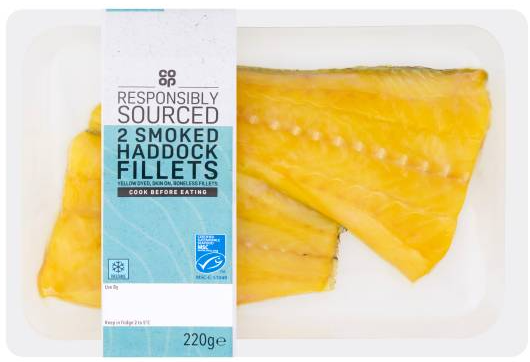
"The results for cod show that the exporter companies studied shared the price premiums achieved for MSC certification with their suppliers. So fish buyers and producers. But these, with the exception of fillet producers, do not pass on price premiums with the catching link. This suggests that the main idea of MSC's market-based sustainability certification – that consumer demand should lead to price premiums that provide incentives for more sustainable management and fishing practices – does not hold", points out Sogn-Grundvåg.
"In the long term, this could be problematic for MSC because they risk losing support from the catch sector, which covers the certification costs", he says.
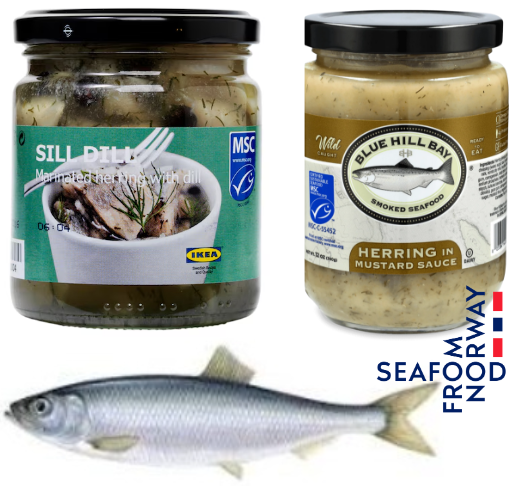
Important in certain market regions
Ingrid Kristine Pettersen emphasizes, however, that for certain fisheries and products and in certain regions, the MSC is of great importance.
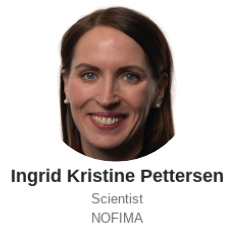 "The certification is important for cod in certain market regions where we find a significant price premium. Furthermore, we found that the high-value product hyseloins achieves a significant price premium with MSC certification in the export market", says Pettersen, and adds: "The certification is important for cod in certain market regions where we find a significant price premium. Furthermore, we found that the high-value product hyseloins achieves a significant price premium with MSC certification in the export market", says Pettersen, and adds:
"This is interesting because this prize – given that it is shared upstream with producers and fishermen – can contribute to an increased focus on high-value products in fillet production, and thus also increased demand for high-quality raw materials from the catching stage".
The report also states that there are several studies from the British and German retail market that have documented price premiums for various species with the MSC logo, but without the country of origin having been known.
"These studies show that a price premium is achieved for sustainability-labelled products in important markets for Norwegian fish. But it also shows that the size of the price premium for MSC-labeled fish varies significantly between species, product forms and supermarket chains. This indicates that sustainability labeling is more relevant for some product forms and markets than for others", says Pettersen.
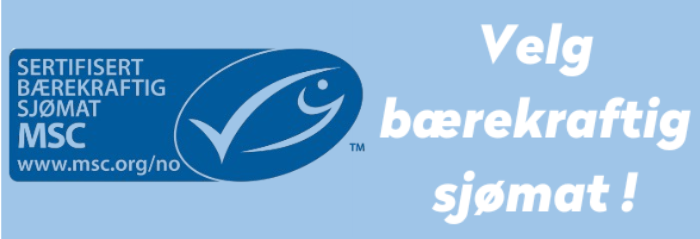
Facts about MSC in Norway
- From 2019 to 2021, the proportion of MSC-certified fish from Norwegian fisheries went from almost 90 per cent to approximately 40 per cent.
- The large decrease is due to the suspension of the MSC certificate for mackerel in 2019, followed by NVG herring and coal mullet in 2020 – all with a background of a lack of coastal state agreements with quota distribution mechanisms.
- In April and September 2021, the MSC certificate expired respectively for cod and haddock caught within 12 nautical miles. This is due to the weak state of coastal cod - also known as "red listing" - and a flawed plan to rebuild the stock.
- The Norwegian fishing industry faces demands for MSC certification in several markets, and the loss was therefore undesirable. At the same time, it provided a unique opportunity to study the significance of MSC certification for the industry.
Source: NOFIMA (translated from original in Norwegian)
[email protected]
www.seafood.media
Information of the company:
|
Address:
|
Muninbakken 9-13
|
|
City:
|
Breivika
|
|
State/ZIP:
|
(N-9291)
|
|
Country:
|
Norway
|
|
Phone:
|
+47 77 62 90 00
|
|
Fax:
|
+47 77 62 91 00
|
|
E-Mail:
|
[email protected]
|
More about: 
|
|
|
|



